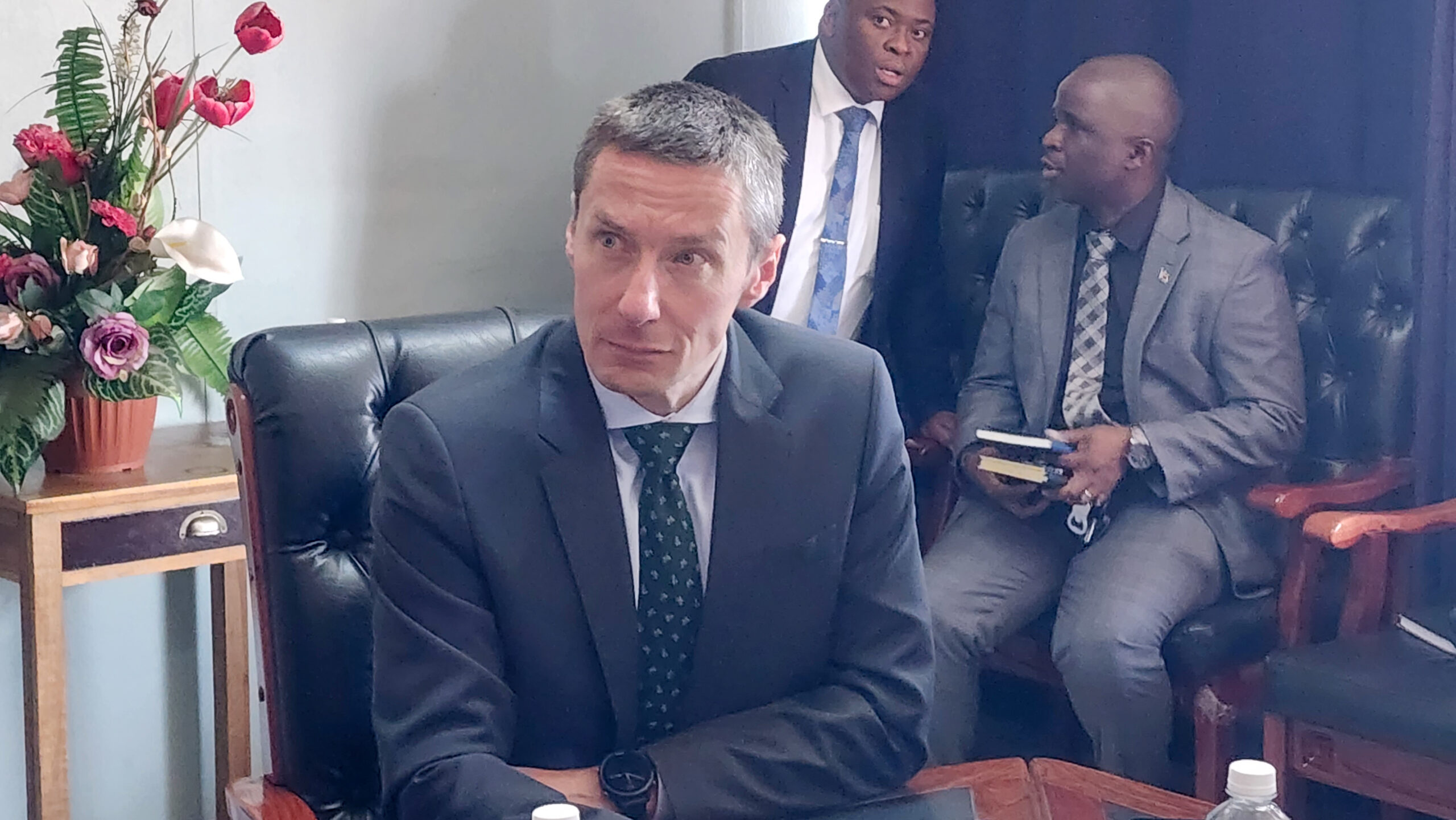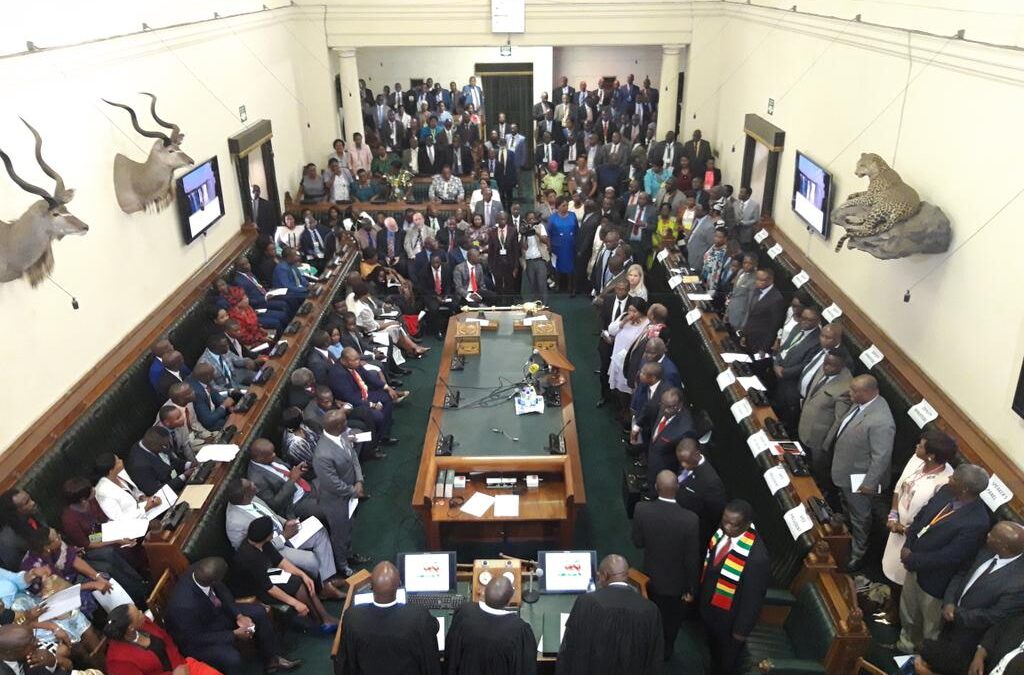Tafadzwa Nyikadzino
The International Monetary Fund (IMF) said Zimbabwe’s economy will grow by 3.25% this year due to shocks like drought and lower commodity prices that will affect agriculture and foreign currency inflows in the country.
Addressing journalists today, IMF’s Deputy Chief of the European Department, Wojciech Maliszewski said Zimbabwe’s economy has been resilient despite currency instability and high inflation.
He said the instability of the local currency continues to haunt the country despite the fact that treasury recorded a small surplus in its current account.
He added that the IMF will continue to engage with Zimbabwe to provide policy advice and technical assistance. However, the IMF chief said they will not provide financial support due to the country’s unsustainable debt and official external arrears.
“The discussions we had with the Ministry of Finance focused on restoring macroeconomic stability, addressing fiscal pressures, liberalizing the foreign exchange market, and improving economic governance. We believe that Structural reforms aimed at improving the business climate, governance and reducing corruption vulnerabilities are crucial.
“We encourage the government to put in place foreign currency reforms that have transparent pricing and without exchange restrictions. The resolution of the debt overhang is essential for sustainable development ,” said Maliszewski.
Finance Minister Professor Mthuli Ncube agreed that currency stability and limiting government expenditure will lead to the growth of the economy. He said the government will continue to have consultations with the IMF team to establish ways to promote the growth of the economy.





0 Comments